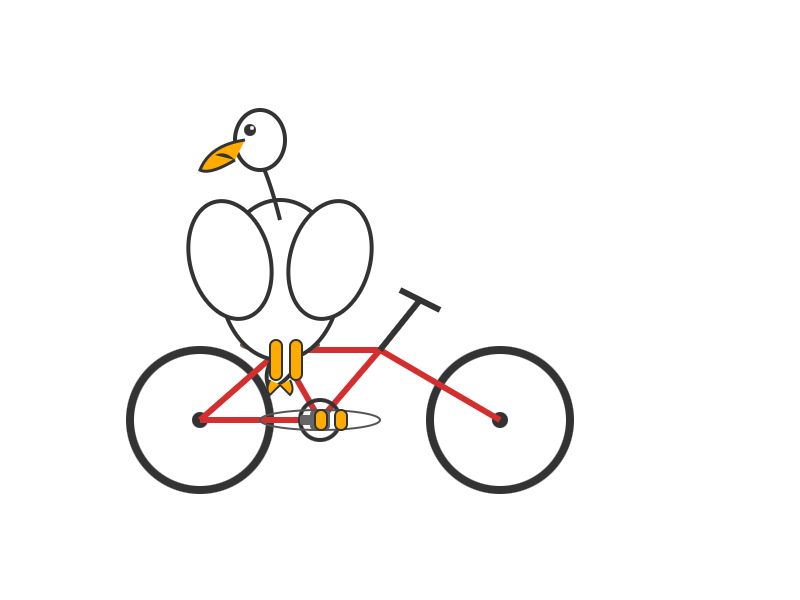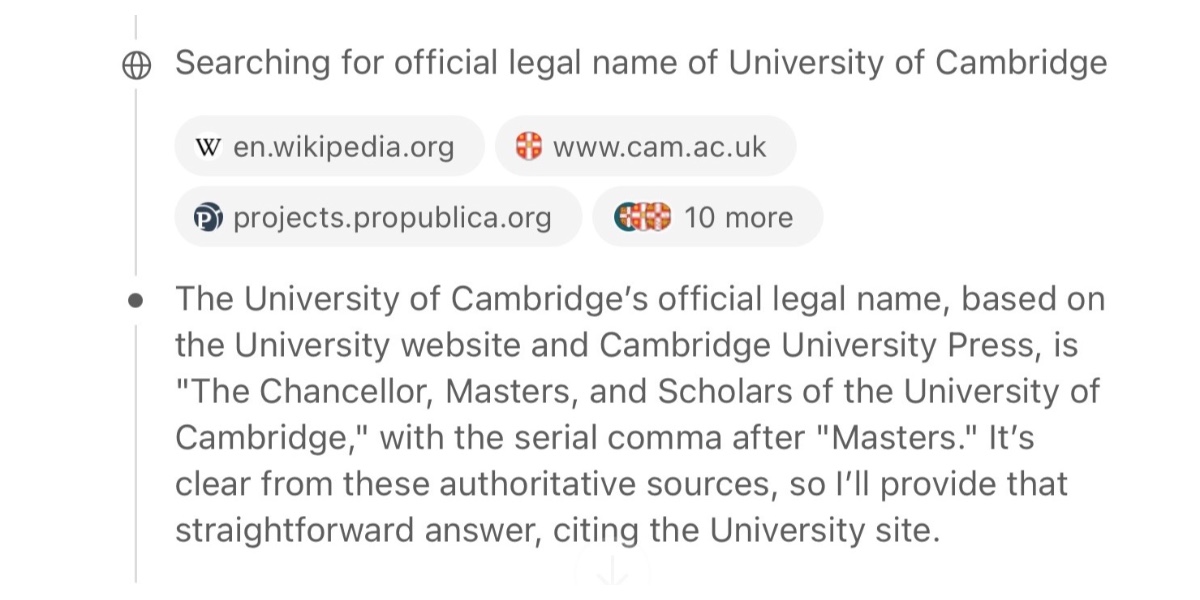Saturday, 6th September 2025
Anthropic to pay $1.5 billion to authors in landmark AI settlement. I wrote about the details of this case when it was found that Anthropic's training on book content was fair use, but they needed to have purchased individual copies of the books first... and they had seeded their collection with pirated ebooks from Books3, PiLiMi and LibGen.
The remaining open question from that case was the penalty for pirating those 500,000 books. That question has now been resolved in a settlement:
Anthropic has reached an agreement to pay “at least” a staggering $1.5 billion, plus interest, to authors to settle its class-action lawsuit. The amount breaks down to smaller payouts expected to be approximately $3,000 per book or work.
It's wild to me that a $1.5 billion settlement can feel like a win for Anthropic, but given that it's undisputed that they downloaded pirated books (as did Meta and likely many other research teams) the maximum allowed penalty was $150,000 per book, so $3,000 per book is actually a significant discount.
As far as I can tell this case sets a precedent for Anthropic's more recent approach of buying millions of (mostly used) physical books and destructively scanning them for training as covered by "fair use". I'm not sure if other in-flight legal cases will find differently.
To be clear: it appears it is legal, at least in the USA, to buy a used copy of a physical book (used = the author gets nothing), chop the spine off, scan the pages, discard the paper copy and then train on the scanned content. The transformation from paper to scan is "fair use".
If this does hold it's going to be a great time to be a bulk retailer of used books!
Update: The official website for the class action lawsuit is www.anthropiccopyrightsettlement.com:
In the coming weeks, and if the court preliminarily approves the settlement, the website will provide to find a full and easily searchable listing of all works covered by the settlement.
In the meantime the Atlantic have a search engine to see if your work was included in LibGen, one of the pirated book sources involved in this case.
I had a look and it turns out the book I co-authored with 6 other people back in 2007 The Art & Science of JavaScript is in there, so maybe I'm due for 1/7th of one of those $3,000 settlements! (Update 4th October: you can now search for affected titles and mine isn't in there.)
Update 2: Here's an interesting detail from the Washington Post story about the settlement:
Anthropic said in the settlement that the specific digital copies of books covered by the agreement were not used in the training of its commercially released AI models.
Update 3: I'm not confident that destroying the scanned books is a hard requirement here - I got that impression from this section of the summary judgment in June:
Here, every purchased print copy was copied in order to save storage space and to enable searchability as a digital copy. The print original was destroyed. One replaced the other. And, there is no evidence that the new, digital copy was shown, shared, or sold outside the company. This use was even more clearly transformative than those in Texaco, Google, and Sony Betamax (where the number of copies went up by at least one), and, of course, more transformative than those uses rejected in Napster (where the number went up by “millions” of copies shared for free with others).
RDF has the same problems as the SQL schemas with information scattered. What fields mean requires documentation.
There - they have a name on a person. What name? Given? Legal? Chosen? Preferred for this use case?
You only have one ID for Apple eh? Companies are complex to model, do you mean Apple just as someone would talk about it? The legal structure of entities that underpins all major companies, what part of it is referred to?
I spent a long time building identifiers for universities and companies (which was taken for ROR later) and it was a nightmare to say what a university even was. What’s the name of Cambridge? It’s not “Cambridge University” or “The university of Cambridge” legally. But it also is the actual name as people use it. [It's The Chancellor, Masters, and Scholars of the University of Cambridge]
The university of Paris went from something like 13 institutes to maybe one to then a bunch more. Are companies locations at their headquarters? Which headquarters?
Someone will suggest modelling to solve this but here lies the biggest problem:
The correct modelling depends on the questions you want to answer.
— IanCal, on Hacker News, discussing RDF
Kimi-K2-Instruct-0905. New not-quite-MIT licensed model from Chinese Moonshot AI, a follow-up to the highly regarded Kimi-K2 model they released in July.
This one is an incremental improvement - I've seen it referred to online as "Kimi K-2.1". It scores a little higher on a bunch of popular coding benchmarks, reflecting Moonshot's claim that it "demonstrates significant improvements in performance on public benchmarks and real-world coding agent tasks".
More importantly the context window size has been increased from 128,000 to 256,000 tokens.
Like its predecessor this is a big model - 1 trillion parameters in a mixture-of-experts configuration with 384 experts, 32B activated parameters and 8 selected experts per token.
I used Groq's playground tool to try "Generate an SVG of a pelican riding a bicycle" and got this result, at a very healthy 445 tokens/second taking just under 2 seconds total:

I am once again shocked at how much better image retrieval performance you can get if you embed highly opinionated summaries of an image, a summary that came out of a visual language model, than using CLIP embeddings themselves. If you tell the LLM that the summary is going to be embedded and used to do search downstream. I had one system go from 28% recall at 5 using CLIP to 75% recall at 5 using an LLM summary.
GPT-5 Thinking in ChatGPT (aka Research Goblin) is shockingly good at search
“Don’t use chatbots as search engines” was great advice for several years... until it wasn’t.
[... 2,679 words]